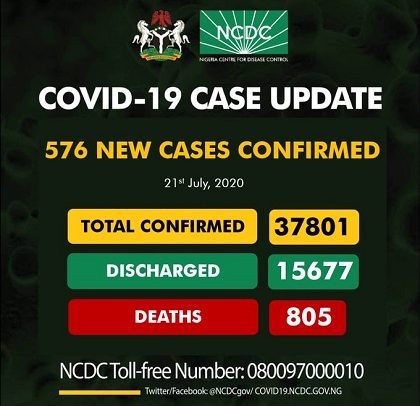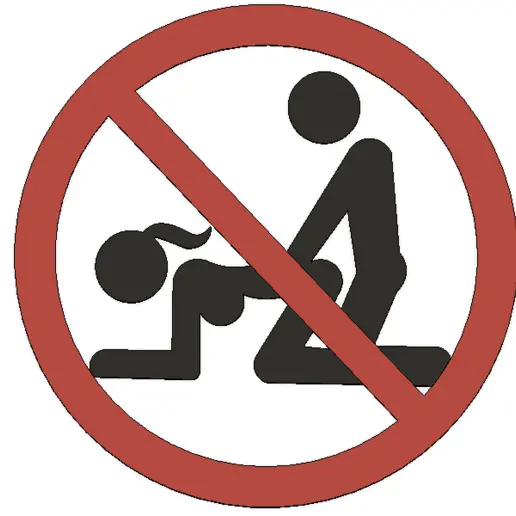EU leaders have agreed in principle to extend Brexit until 31 January 2020 – meaning the UK will not leave as planned on Thursday.
EU Council President Donald Tusk said it was a “flextension” – meaning the UK could leave before the deadline if a deal was approved by Parliament.
It comes as MPs prepare to vote on proposals by Boris Johnson for an early general election on 12 December.
The SNP and Lib Dems have also proposed an election on 9 December.
A No 10 source said the government would introduce a bill “almost identical” to the Lib Dem/SNP option on Tuesday if Labour voted their plan down later, and “we will have a pre-Christmas election anyway”.
The UK was due to leave the EU on Thursday, but Mr. Johnson was required to request an extension after Parliament failed to agree on a Brexit deal.
The prime minister had repeatedly said the UK would leave on 31 October deadline with or without a deal, but the law – known as the Benn Act – requires him to accept the EU’s extension offer.
Mr. Johnson is trying to persuade MPs to agree to a new timetable for his Brexit deal legislation and an election on Thursday 12 December.
The Lib Dem/SNP plan does not include a new timetable for his legislation – the Withdrawal Agreement Bill.
ALSO READ : Menzgold begins validation of customers for payment today
They want the 9 December because it would not leave enough time for the bill to become law before Parliament is dissolved – which must happen a minimum of 25 working days before an election.
The BBC’s political editor, Laura Kuenssberg, said it was not clear whether the government would stick to 9 December, which is a Monday, but the move implied ministers would “give up [an] attempt to get the bill through”.
It was also not clear whether the government’s “almost identical” bill would be amendable, allowing MPs to vote on issues like a customs union or another referendum.
Labour MPs are expected to abstain in the Commons vote on a 12 December election.
It comes as government figures showed a surge in voter registrations, with nearly two million registering in the past eight weeks.
Over half of the applications – 58% – were from voters aged 34 or under, compared to just 7% for those over 65.
The swell coincided with Mr. Johnson’s first proposal, in early September, for a snap election.


















